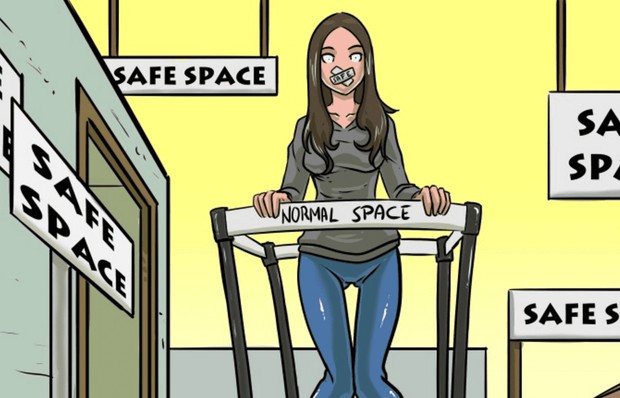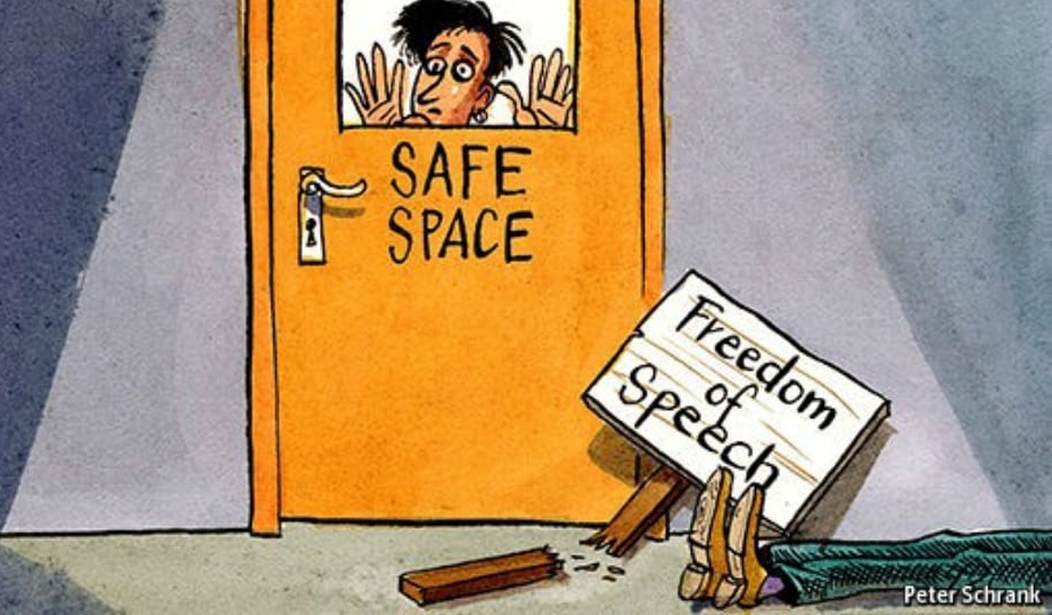
Universities and colleges everywhere are utilizing the concept of “trigger warnings,” or a warning that what the viewer or listener is about to see or hear may cause them distress.
However, according to Web M.D., a researcher has discovered that trigger warnings aren’t really helping anyone feel at ease about what they are about to see, and register the same amount of distress whether they’re prepared to see it or not:
“We, like many others, were hearing new stories week upon week about trigger warnings being asked for or introduced at universities around the world,” said first author Mevagh Sanson, a psychology researcher at the University of Waikato in New Zealand.
“Our findings suggest that these warnings, though well-intended, are not helpful,” Sanson said.
She and her colleagues conducted a series of experiments with nearly 1,400 college students and online volunteers.
The participants were subjected to a trigger warning before each viewed the exact same content, with such messages flashing on the screen like “Trigger warning: The following video may contain graphic footage of a fatal car crash. You might find this content disturbing.”
Researchers found that it was a useless gesture. Those who watched the videos with the warnings were just as equally disturbed as those who didn’t. Even the medium by which they gathered the information, be it video or article, wasn’t shifted by the presence of a trigger warning.
The same goes for those who have experienced traumatic situations, but the researchers did not probe deep enough if it helps for those with diagnosed mental disorders:
The researchers also found that trigger warnings aren’t effective for people who’ve experienced traumatic events. It’s not clear, however, if that would be true for people with diagnosed conditions such as anxiety, depression or post-traumatic stress disorder (PTSD).
While it was determined that trigger warnings were ineffective at reducing distress, researchers warn that they aren’t without effects. The only problem is that the effects may actually be negative as it may weaken the resolve of those who constantly receive them:
“We need to consider the idea that their repeated use encourages people to avoid negative material, and we already know that avoidance helps to maintain disorders such as PTSD,” she said.
Trigger warnings might also communicate to people that they’re fragile or lead them to misinterpret ordinary emotional responses as signs of danger, Sanson added.
In other words, mentally coddling people may lead them to view the world as more frightening than it actually is and reduces people’s inability to emotionally handle disturbing things.














Join the conversation as a VIP Member